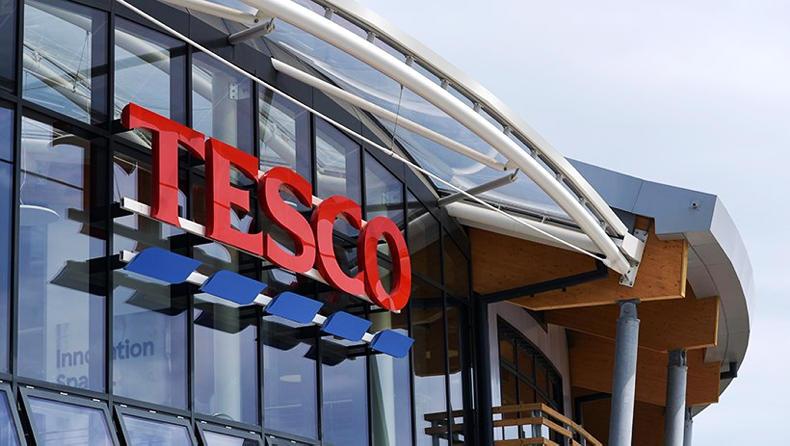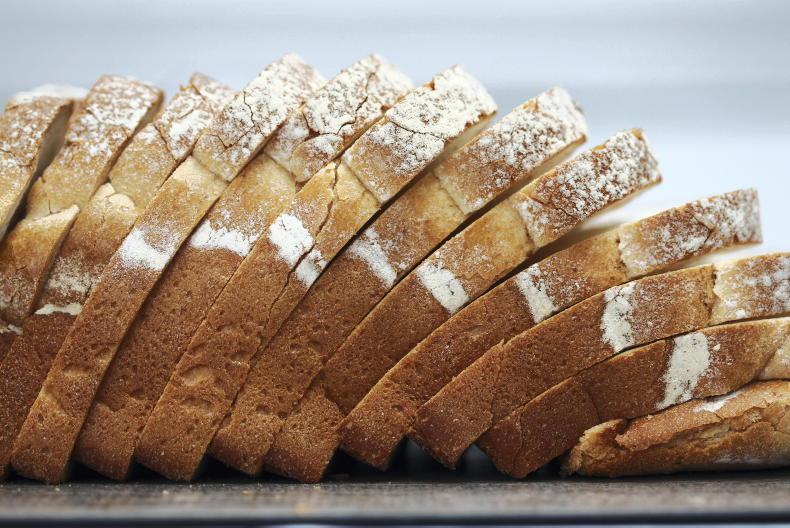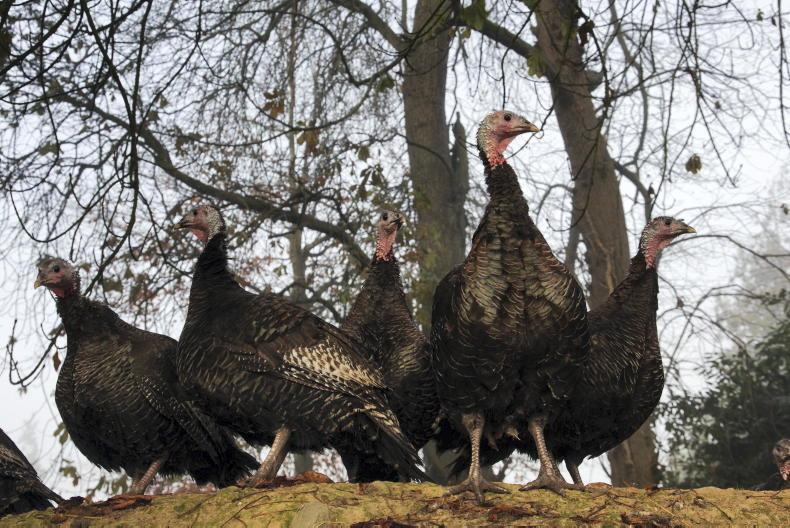There is no doubt that Brexit is starting to bite for some of the largest supermarket chains in the UK. A flurry of trading updates released this week by the large UK supermarkets show that UK consumers tightened their purse strings this Christmas and curbed their spending, even on food.
Overall, UK shoppers shelled out £29.3bn on food over Christmas, according to research group Kantar Worldpanel. While this is a record sales figure, the underlying growth in sales was just 1.6% - the slowest growth in more than a year.
The slowdown in the UK economy and the inherent weakness in sterling over the past two years has left many UK households with less disposable income.
As a result, many UK shoppers are switching to cheaper options, which has helped to boost sales for German discounters Aldi and Lidl.
Busiest Christmas
Aldi UK reported its busiest ever Christmas period with sales for the week starting on 17 December delivering year-on-year sales growth of 10%. This way outperforms the wider UK grocery market, which had sluggish sales growth of just 1.6% this Christmas. Overall, Aldi UK recorded sales of close to £1bn this December, which has given the German discounter an all-time high share of the UK grocery market of 7.6%.
The combination of reducing consumer confidence, mild weather, Black Friday and widespread discounting by our competitors made November a very challenging trading period
In contrast, the second largest supermarket in the UK, Sainsbury’s, like-for-like retail sales fell by a disappointing 1.1% this Christmas. While this decline was mainly driven by a 2.3% drop in general merchandise, the growth in food sales was behind the overall UK grocery market at a very sluggish at just 0.4%.
“There were a lot of retailers in distress and a lot of discounted stock out there,” said Sainsbury’s chief executive Mike Coupe.
Morrison’s, the UK’s fourth largest supermarket, reported sales growth over the Christmas period of just 0.6%, which is again well behind the overall market growth rate of 1.6%.
Morrison’s chief executive David Potts said UK shoppers had become “more cautious and careful” as a result of the continuing uncertainty around the UK’s future relationship with the EU.
Worst performance
High-end retailer Marks & Spencer suffered the worst performance of all the UK supermarkets this Christmas.
The retailer reported a disappointing 2.2% decline in sales this Christmas due to the difficult market conditions and weak consumer confidence. M&S said sales of food, which have so often been the star performer for the retailer, shrank by 2.1% in the period.
“The combination of reducing consumer confidence, mild weather, Black Friday and widespread discounting by our competitors made November a very challenging trading period,” said M&S chief executive Steve Rowe.
The major outlier in all of the bad news emanating from the UK retail sector today is Tesco, which bucked the trend over Christmas and posted very healthy sales growth.
Tesco, the UK’s largest supermarket, outperformed the market in both volume and value terms as it reported like-for-like sales growth in its UK stores of 2.2% for the Christmas period. Sales at its Irish stores grew by just 0.3% in comparison.
Tesco chief executive Dave Lewis said the supermarket giant’s strong recovery was “bang on track” as it defied the general sense of gloom that has overshadowed UK retailers in the last 12 months.
“In the UK, we delivered significant improvements in our competitive offer and this is reflected in a very strong Christmas performance which was ahead of the market,” added Lewis.









SHARING OPTIONS